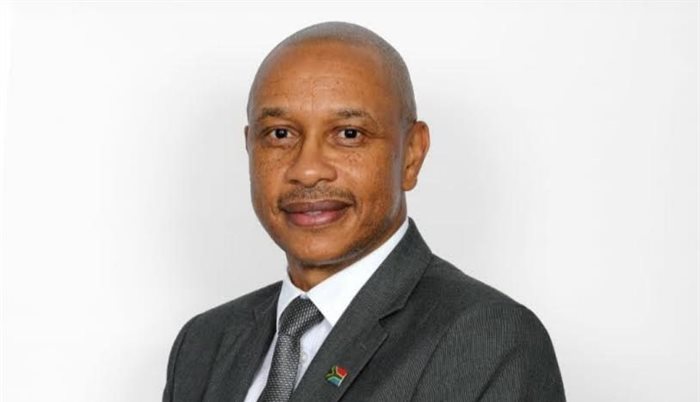
Related
Top stories





Marketing & MediaAds are coming to AI. Does that really have to be such a bad thing?
Ilayaraja Subramanian 8 hours

More news


















It was anticipated that the economy would rebound in 2022, with an expansion of 9.1% in real terms predicted. The sector hoped that if that was the case, it would be possible for the industry to stabilise at an average annual growth of 3.1% between 2023-25.
Unfortunately, those forecasts were set back by factors such as the unsettled geopolitical climate, with Russia's invasion of Ukraine disrupting global markets more than anticipated.
By the end of Q2 this year, Stats SA described the construction sector as being in the worst shape of all industries in terms of GDP real value added recovery from the impact of the Covid-19 pandemic, at 24% smaller than it was before the pandemic. By September, the industry growth rate was -2.4%, with civil infrastructure projects increasingly delayed.
Profit margins were weaker and turnover contracted by 9.8% year on year (nominal terms) to R72.4bn in the first quarter of 2022, although smaller enterprises bucked the trend by almost doubling their turnover.
Construction material costs have surged above the inflation rate, while a competitive market has further eroded profits in the sector.
At the same time, liquidations continued, accelerating in the second quarter of this year, and increasing by 183% year on year, with the construction sector shedding a further 13,000 jobs between March and June this year. Only a handful of major construction companies are still trading – the others have diversified, gone out of business or are in business rescue.
On the brighter side, the industry has made some recovery from the dip experienced during the lockdowns. Although commercial building activity slowed this year, during the period June 2020 to May 2021, building plans were registered to the value of R6.3bn per month on average, while during the same period a year later (June 2021 to June 2022), the monthly average was R9bn.
With margins in the single digits and few major projects underway, contractors are managing to achieve some growth in the residential and commercial markets. Unfortunately, while more of these projects are becoming available, unethical practices and the spread of so-called ‘tender mafia’ activities are threatening profits and putting smaller contractors’ futures at risk.
The Bargaining Council for the Civil Engineering Industry (BCCEI) has stated that intimidation, extortion and violence on construction sites has reached crisis levels, causing losses of over R40bn by 2020. As far back as 2019, it was reported that at least 183 infrastructure and construction projects worth more that R63bn had been affected by these disruptions across the country, according to a report by the Global Initiative against Transnational Organized Crime.
Late payments and unethical business practices, such as amending contracts or forcing contractors to assume disproportionate risk, are further eroding profits and putting the sector at risk.
While there are some grounds for optimism, contractors need to be very cautious going forward.
Our government is aware of the sector’s challenges, and the MBA has communicated with them at both CASA and MBASA level.
The sector’s big hope for recovery rests in the infrastructure development plan, which has been slow in coming to fruition. With R6.6tn in cumulative spend required by 2030, the government continues to insist it plans to invest heavily in transport, energy, residential, telecommunications and industrial projects. In particular, the construction industry will be underpinned by the investments associated with the government’s infrastructure plan. However, based on past experience, it seems inevitable that these projects will not unfold as planned, and that tenders will take time to materialise and be adjudicated.
Two years ago, the MBA North welcomed the announcement that 88 investment-ready projects had been identified by the Presidency’s infrastructure and investment head Dr Kgosientsho Ramakgopa and public works and infrastructure minister Patricia de Lille, but we noted that time was running out to turn these plans into reality. Progress has been slow since then. In fact, Standard Bank reported in May this year that almost a quarter of the country’s R340bn strategic infrastructure projects had been delayed or put on hold.
Yet again, the MBA North stands ready to work with the government to implement these plans, and yet again we note that ongoing delays will further reduce our ailing sector’s ability to deliver on these ambitious projects.